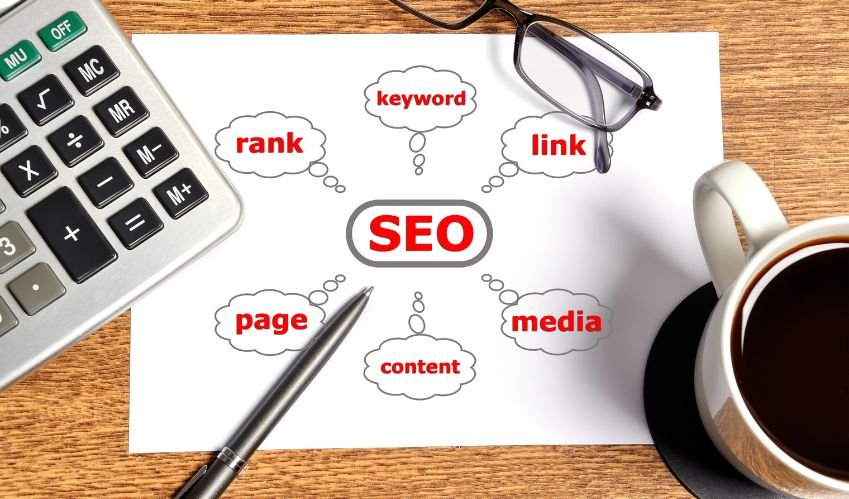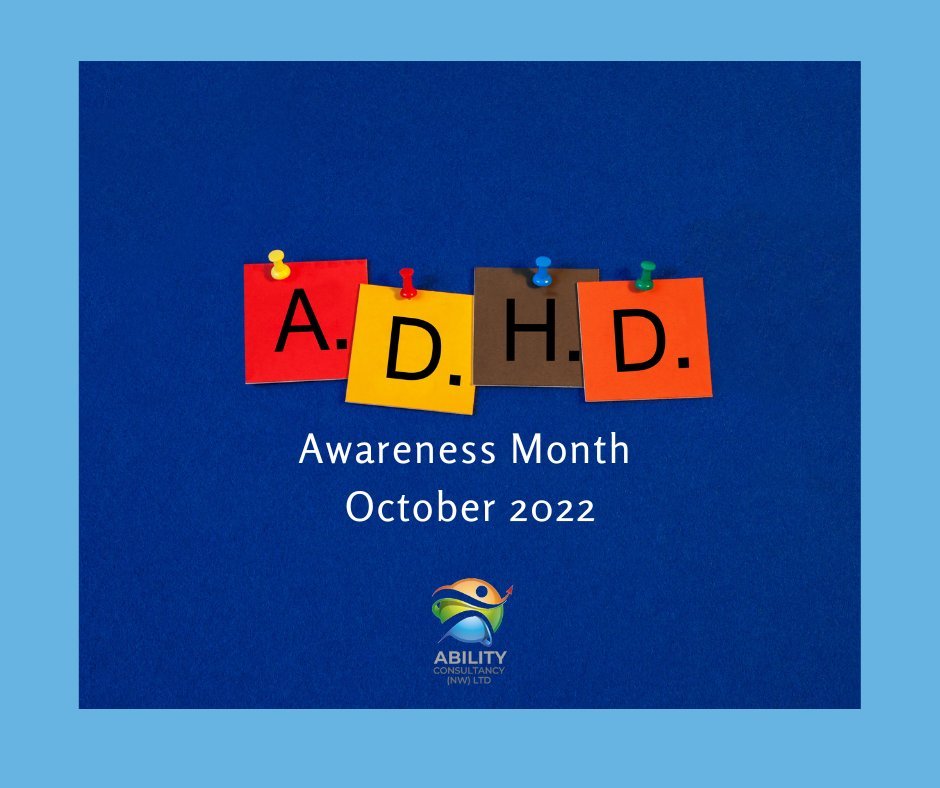We are providing a detailed list of the Top 10 On-Page SEO Factors to help you optimize your website effectively. For those new to SEO, you can learn more about the basics about what is SEO and Why is Important.
On-page SEO refers to the optimization of individual web pages to rank higher and earn more relevant traffic in search engines. It involves optimizing both the content and HTML source code of a page to improve its visibility for specific keywords or phrases.
10 Essential On-Page SEO Factors and why it’s important:
1. Keyword Optimization: Incorporating relevant keywords in the title, headings, meta descriptions, and body content helps search engines understand the topic of the page and rank it appropriately for relevant search queries.
2. Quality Content: Providing high-quality, valuable content that satisfies the user’s search intent is crucial. Engaging content tends to attract more visitors, reduce bounce rates, and increase dwell time, all of which are positive signals to search engines.
3. Title Tags & Meta Descriptions: Crafting compelling titles and meta descriptions that accurately describe the content can improve click-through rates from search engine results pages (SERPs) and indirectly impact rankings.
4. URL Structure: Using descriptive and SEO-friendly URLs can improve the chances of your pages being crawled and indexed by search engines. Clear URLs also make it easier for users to understand the page’s content.
5. Internal Linking: Creating a logical internal linking structure helps search engines discover and index other pages on your site. It also distributes page authority and improves user navigation.
6. Image Optimization: Optimizing images with descriptive file names and alt attributes not only improves accessibility but also provides another opportunity to include relevant keywords and improve overall on-page SEO.
7. Page Load Speed: Ensuring fast loading times for your pages is important for both user experience and search engine rankings. Slow-loading pages may result in higher bounce rates and lower rankings.
8. Mobile-Friendliness: With the increasing use of mobile devices, having a responsive design that provides a seamless user experience across different screen sizes is essential for both user satisfaction and search engine rankings.
9. Structured Data Markup: Implementing structured data markup can enhance the appearance of your listings in SERPs and provide additional context to search engines about the content on your pages.
10. E-A-T: Google assesses your website based on E-A-T, which stands for expertise, authoritativeness, and trustworthiness.
In Google’s Search Quality Guidelines, spanning 175 pages, E-A-T is referenced 135 times, highlighting its significant role in the search engine’s algorithms.
Although Google has only officially acknowledged a couple of components of E-A-T (such as PageRank and links), it’s widely recognized within the SEO community that on-page signals heavily influence its assessments.
“On-page SEO optimization is important because it directly influences your website’s visibility in search engine results. By optimizing individual pages for relevant keywords and providing valuable content, you can improve your chances of ranking higher, attracting more organic traffic, and ultimately achieving your online goals, whether they be lead generation, sales, or simply providing information.”



